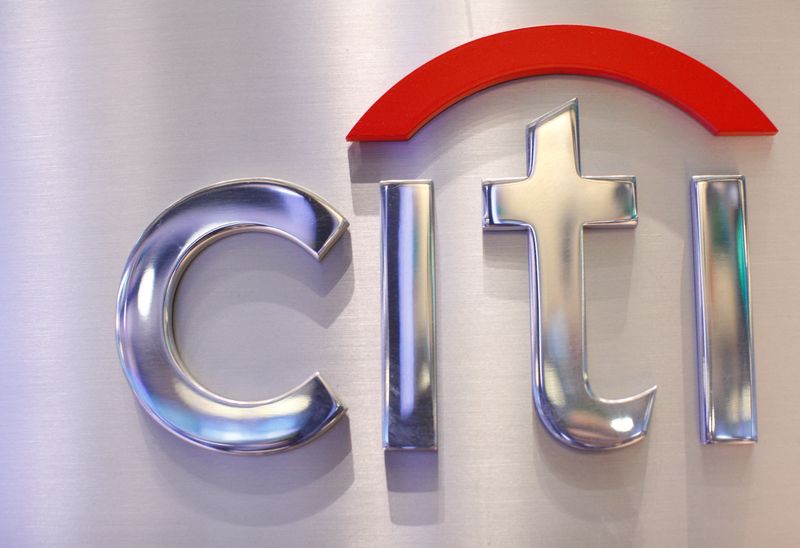By Pete Schroeder and Michelle Price
WASHINGTON (Reuters) - Big bank executives warned a number of products and services could become uneconomical if new proposed bank capital hikes are adopted as written, but said they were hopeful they could win some changes.
Speaking to analysts and reporters during second quarter earnings on Friday, JPMorgan, Wells Fargo and Citigroup (NYSE:C) highlighted green energy products, equity investments, some credit products, and market making as among the products and businesses they were reviewing in light of the so-called “Basel endgame” proposal regulators unveiled in July.
The banking industry has mounted an unusually aggressive campaign to challenge bank regulators' sweeping plan to overhaul how banks calculate the capital they reserve against potential losses, which has included ad campaigns and lobbying Congress.
While they have warned several times the rules could hurt lending and the broader economy, executives on Friday offered more details on which business lines could be affected.
"We may simply need to exit things," said Jeremy Barnum, chief financial officer at JPMorgan, which estimated its overall capital would increase by 25% under the proposal due to the way it would interact with other big bank rules.
"A good example of that is the renewable energy tax credit investment business, which as a result of the quadrupling of the risk weight may no longer make sense."
Barnum said JPMorgan, the country's largest lender, would continue to "forcefully advocate" for changes to the draft, adding that there are probably "technical mistakes" that may be fixed.
U.S. Federal Reserve Vice Chair for Supervision Michael Barr, who is leading the Basel III effort, has said the failures of three large banks earlier this year shows lenders need to be better able to withstand surprise losses. Banks have until the end of November to provide formal feedback.
Citi Chief Financial Officer Mark Mason said the proposal would lead to a 16% to 20% increase in the bank's capital.
The bank is reviewing products and operations, he said, highlighting equity investments, which will also be deemed much riskier under the rules.
“Does it still makes sense to have those types of exposure? Do those returns make sense?” he said. Citi is also reviewing credit products and where they may need to reprice those, and whether they need to restructure any of their markets positions.
But Mason also noted that the industry pushback could result in the final rules being less stringent.
Similarly, Wells Fargo Chief Financial Officer Michael Santomassimo said the bank was reviewing its products, in particular potential adjustments to the collateral it would require from clients for securities finance transactions. Wells Fargo would also likely shrink tax equity investing in renewable energy projects.
“There's a number of things like that as you go through each of the underlying portfolios that just don't make sense."

Santomassimo did note that Wells is already 50 basis points above the potential new minimum capital levels set out in the proposal, before the bank adjusts any of its operations.
"We're hopeful that there'll be some changes," he added.